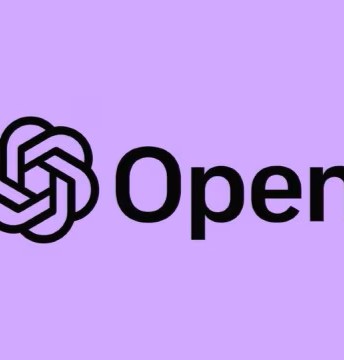Introduction: A New Era for Browsing
In what Google is calling the biggest update in Chrome’s history, the company is weaving its Gemini AI model into the browser itself. The aim: to make browsing not just a passive experience, but an interactive, intelligent assistant capable of understanding context, offering assistance, and even performing tasks.
What Is Gemini in Chrome?
Gemini in Chrome helps you in several new ways:
- Context across tabs: The AI can see what you have open across multiple tabs, helping you summarise, compare, or organise information—useful when planning travel, shopping, or research.
- Deeper integration with Google apps: Services like Calendar, Drive, Tasks, YouTube, Maps and Docs can now work more smoothly with Gemini in Chrome, so tasks like scheduling or pulling video content become more seamless.
- AI Mode in the Omnibox (Address Bar): You’ll soon be able to start AI-powered search directly from the address bar—asking complex questions, getting summaries, etc.
New Security, Productivity, and Assistance Tools
Google isn’t just bringing in helpful features—they’re also boosting safety and productivity:
- Enhanced protection & safety features: Spammy notifications, fake offers, questionable websites are being more proactively filtered. There’s also automatic password reset support for compromised passwords on select sites.
- Assistance with historical recall: The AI will help you find webpages you saw before using natural language prompts like “What was that blog I read about back-to-school shopping?”
- Summaries and clarifications: If a webpage has dense content or complicated ideas, Gemini can provide summaries or clarify difficult portions.
Agentic Features: What’s Coming Next
One of the biggest promises is “agentic AI”—in other words, features that allow Gemini to act on your behalf. Some upcoming possibilities include:
- Task automation: Booking a haircut, ordering groceries, or navigating through multi-step tasks like filling forms.
- Interacting with websites: The AI may be able to complete tasks directly on web pages (with user consent/oversight), rather than only guiding you.
Availability & Rollout Plan
- Initially available for Mac and Windows desktop users in the U.S. who have Chrome set to English.
- Android coverage is already underway; iOS support is coming soon.
- More languages and countries will be added over time.
Implications and Outlook
This move positions Chrome more than just as a browser—it becomes a smart assistant and productivity tool. With AI features integrated deeply, users may spend less time switching between tools. However, there will also be important discussions around privacy, data usage, and trust, especially once agentic features that act autonomously become more common.
As competition from AI‐driven alternatives grows (e.g. AI browsers and assistants), Google’s integration of Gemini in Chrome may be a defining moment in how we perceive web browsing in the AI era.
Source:indianexpressGPT






